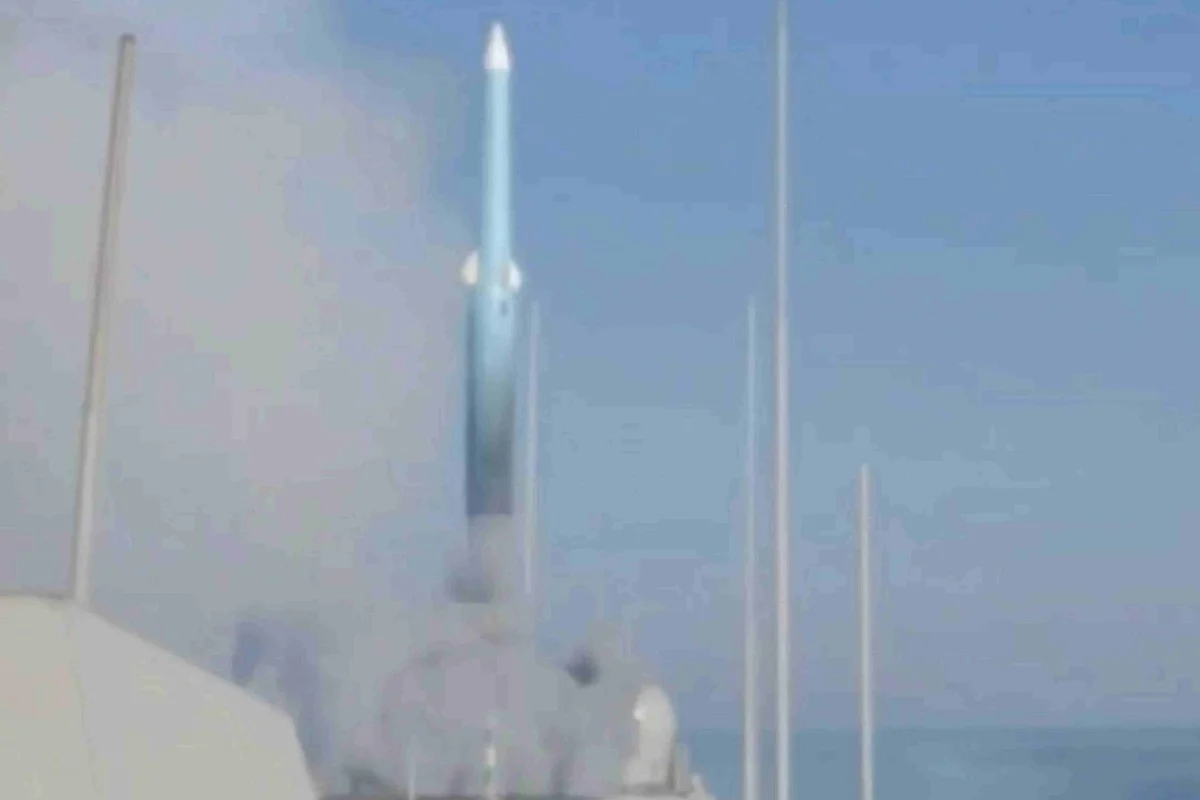PICTURED: Oil rigs in southern Russia.
WASHINGTON D.C. May 19th, 2022. Biden officials have said they are looking at the possibility of implementing additional, secondary sanctions on any country, particularly China and India, that buys Russian oil.
It would mean that anyone caught buying Russian oil would be prohibited from dealing in American or European markets, as the White House looks to back up its military aid to Ukraine with additional sanctions.
Edward Fishman, who oversaw sanctions policy at the State Department after Russia annexed Crimea in 2014, told the New York Times the administration was looking into “what can be done in the more immediate term to reduce the revenues that the Kremlin is generating from selling oil, and make sure countries outside the sanctions coalition, like China and India, don’t undercut the sanctions by just buying more oil”.
It’s straight out of the Office of Foreign Asset Control’s playbook, as they have issued similar unilateral threats to perspective buyers during U.S. aggression in Syria, Iran, and Venezuelan oil markets.
Oil Price reports that the Biden Administration has the unenviable position of attempting to cut out a large producing entity out of the world energy market at a time when energy prices are very high. Even if he had the political clout to unilaterally remove Russian hydrocarbons from the market, without an equal introduction of new supply, prices would climb even higher.
Instead, the White House along with its EU partners are looking for ways to ween dependent markets off of Russian energy by switching to other suppliers, or to renewables.
To this end the EU recently announced a $220 billion plan to cut Europe’s reliance on Russian fossil fuels, including $90 billion for investments in renewable, $30 billion for power grids, $59 billion for energy saving and heat pumps, and $27 billion for hydrogen infrastructure. The EU would also invest $10 billion for gas infrastructure and $2.1 billion for oil infrastructure.
“We are taking our ambition to yet another level to make sure that we become independent from Russian fossil fuels as quickly as possible,” EU Commission President Ursula von der Leyen said.
Wiggle room
Seeing the West’s attempt to wreck their hydrocarbon industry, sovereign debt, and currency exchange markets, the Russian Federation responded by forcing any entity that wants to do business in oil or gas with them to open an account in rubles with Gazprombank, the financial arm of the Russian state gas company.
In Germany, Italy, and other EU countries heavily reliant on Russian oil and gas, many companies have followed the Russian degree. Eni Spa, Italy’s largest oil and gas firm, announced they had already as of yesterday set up ruble accounts
Several utilities in Germany, the largest EU buyer of Russian gas, have moved to comply with Russia’s decree, and France’s Engie SA said it is testing a new payment mechanism that would keep the gas flowing and won’t violate European sanctions.
Austria’s oil-and-gas company OMV AG also said it was “working on a sanctions-compliant solution,” while months ago Indian officials said they were “happy” to buy up what were then discounted Russian oil securities.
All of this has bolstered the ruble such that it’s now higher against the euro than it was before the invasion.



